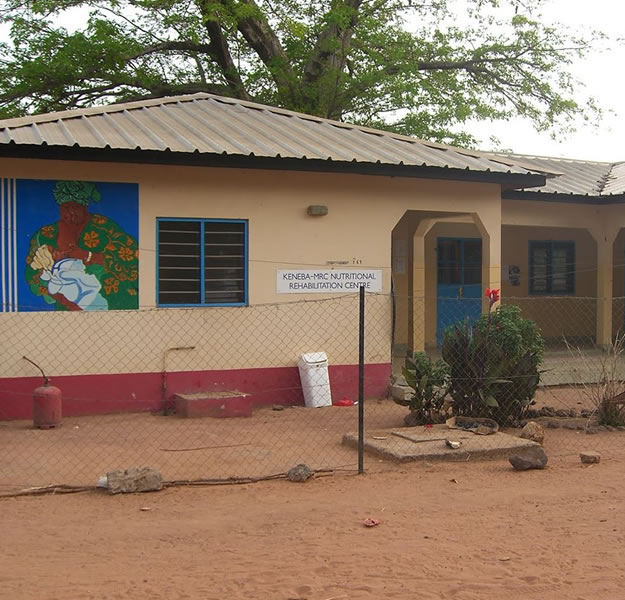Efficacy of exogenous phytase added to small quantity lipid nutrient supplements (SQ-LNS) on the fractional and total absorption of zinc among young children in the Gambia: a double-blind randomized controlled trial with a cross-over design.
 Zinc supplementation of young children (in the form of liquid supplements or dispersible tablets) increases linear growth and weight gain, and reduces the prevalence of diarrhea and respiratory infections, and lowers all-cause mortality. The efficacy of “home-fortification” of complementary foods with lipid-based nutrient supplements (LNS) for preventive zinc supplementation remains uncertain, perhaps due to a reduction in zinc absorption when it is part of a complex food matrix and provided with cereal-based meals which contain high concentrations of phytate. The addition of exogenous phytases is an efficacious strategy to reduce the phytate content of foods, and increase the bioavailability of dietary zinc; however, the efficacy of this approach has not yet been demonstrated for LNS.
Zinc supplementation of young children (in the form of liquid supplements or dispersible tablets) increases linear growth and weight gain, and reduces the prevalence of diarrhea and respiratory infections, and lowers all-cause mortality. The efficacy of “home-fortification” of complementary foods with lipid-based nutrient supplements (LNS) for preventive zinc supplementation remains uncertain, perhaps due to a reduction in zinc absorption when it is part of a complex food matrix and provided with cereal-based meals which contain high concentrations of phytate. The addition of exogenous phytases is an efficacious strategy to reduce the phytate content of foods, and increase the bioavailability of dietary zinc; however, the efficacy of this approach has not yet been demonstrated for LNS.
The LNS Phytase Project is designed to assess the efficacy of adding exogenous phytase to SQ-LNS by investigating intra-individual differences in the fractional absorption of zinc (FAZ), and total absorption of zinc (TAZ) among children who receive additional dietary zinc (8 mg/d) from SQ-LNS with or without exogenous phytase.
A total of 34 children 18-23 months of age will be enrolled from rural communities in the Kiang West District of The Gambia. The study is a cross-over, double-blind randomized controlled clinical trial, designed to permit within-child comparisons of zinc absorption from SQ-LNS, with or without exogenous phytase. Zinc absorption is measured using the triple stable-isotope tracer ratio technique.
PICN research team
Collaborators
- MRC, The Gambia Unit (Dr. Rita Wegmuller)
- USDA, Western Human Nutrition Research Center (Dr. Leslie Woodhouse)
Funding agency
- Nutriset, S.A.S.
Location
- Keneba, The Gambia
